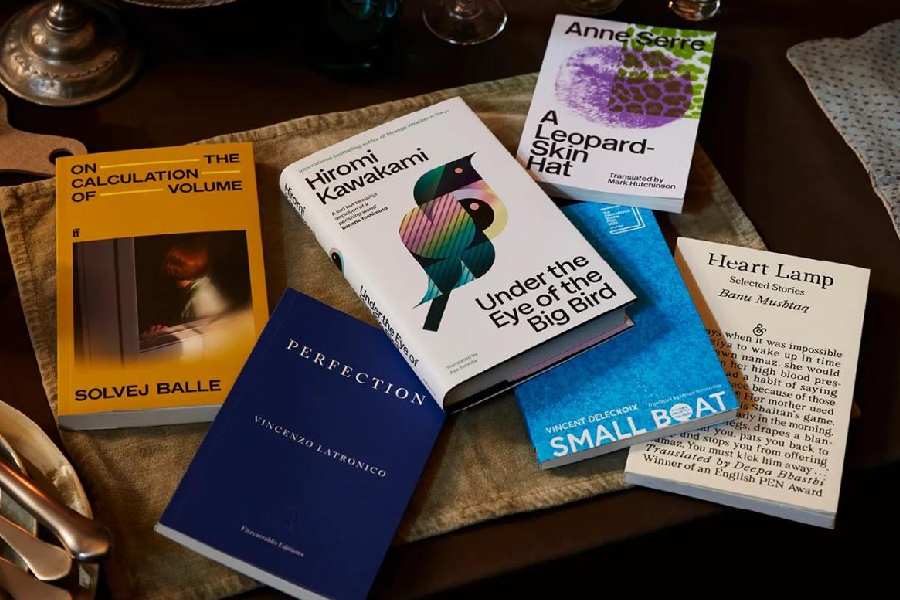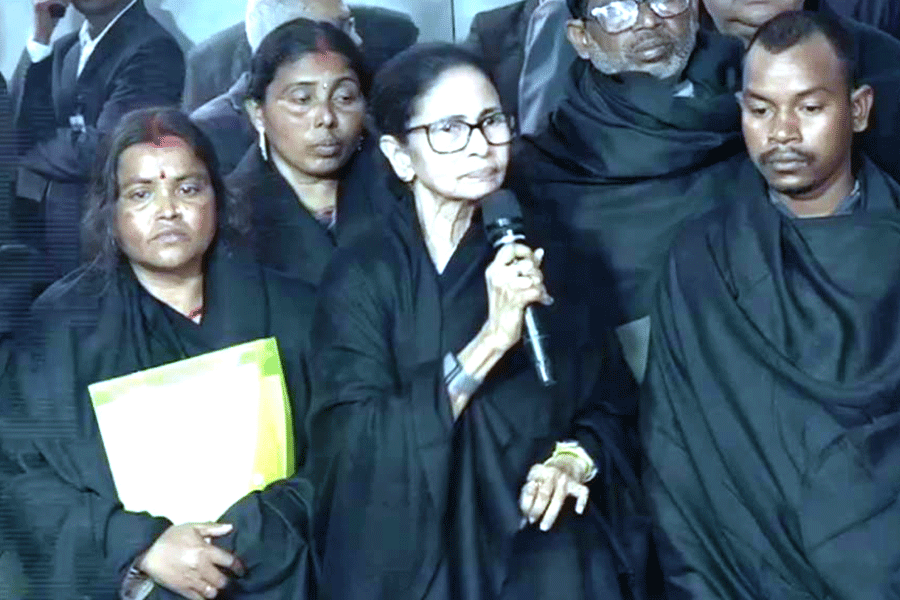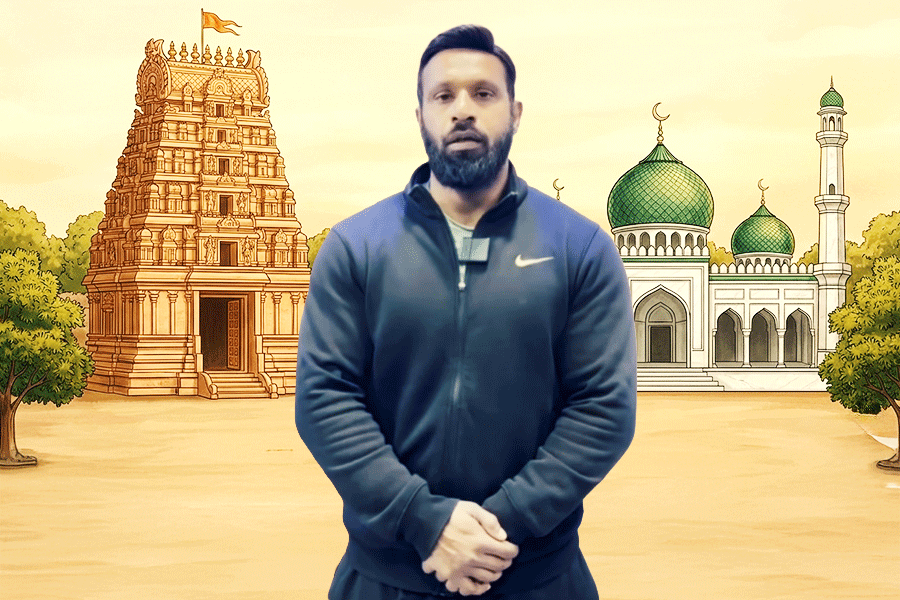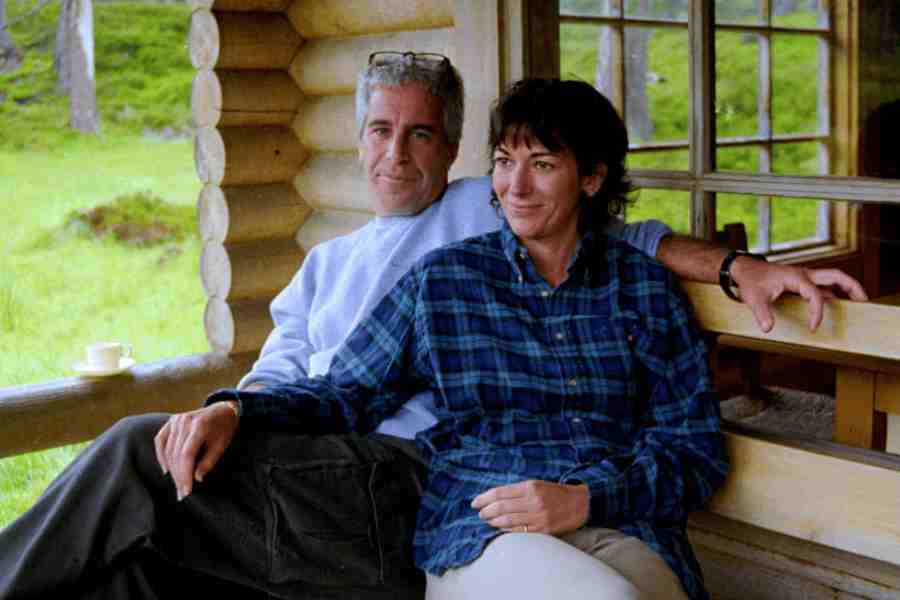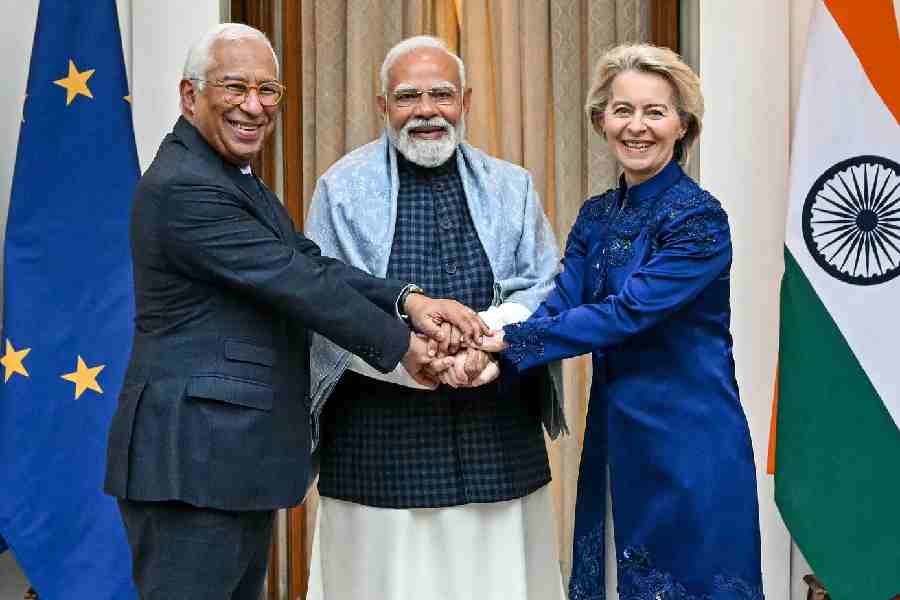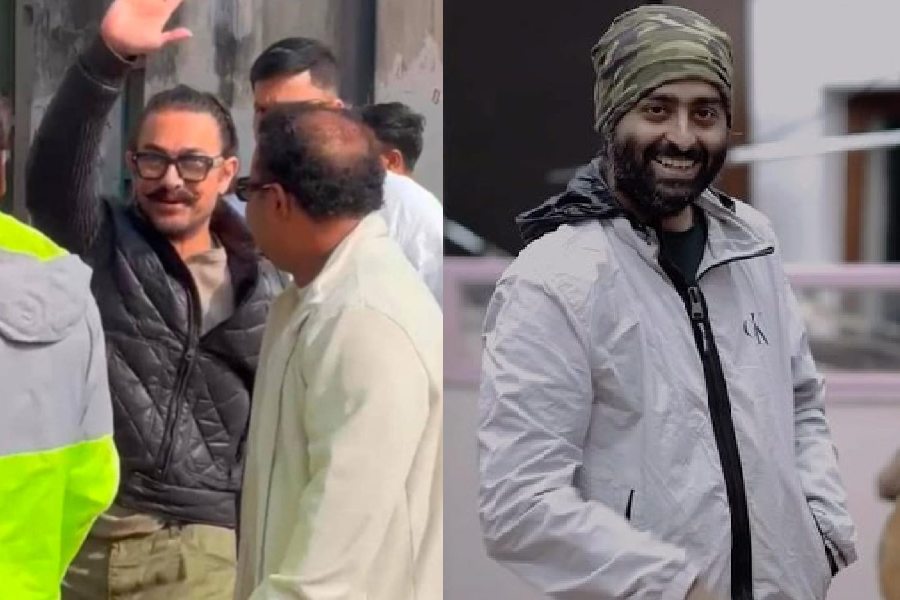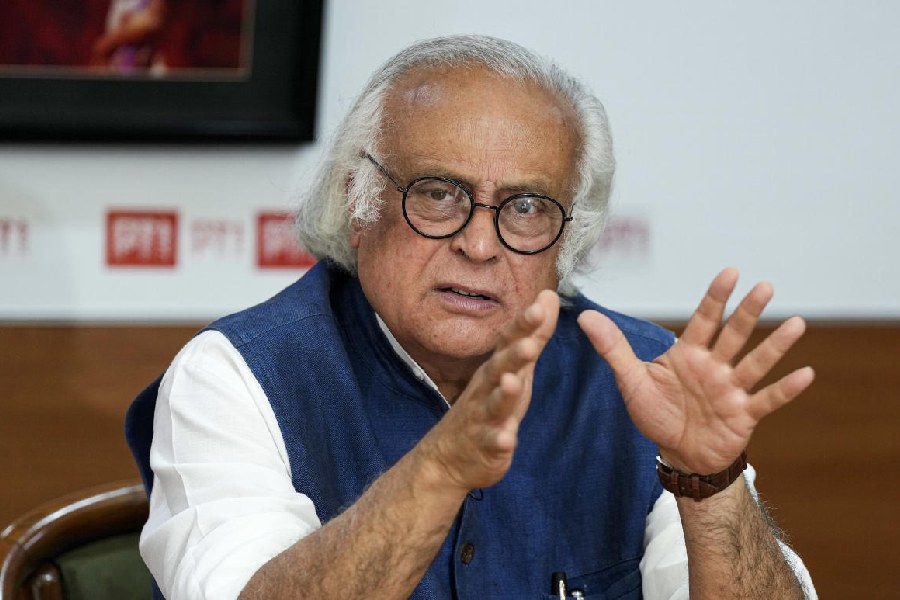The 2025 International Booker Prize will be announced on May 20, and the shortlist this year includes six ‘extraordinary’ works of fiction in translation that push literary and philosophical boundaries. With five novels and one short story collection — the latter from India — each translated into English and hailed as a catalyst for “vital conversations about the human experience”, we are once again at the juncture of global storytelling and cultural exchange, where language barriers dissolve to reveal shared truths and complexities. As anticipation builds for the announcement, we are reminded of the power of literature in bridging divides and of the richness that emerges when stories cross geographical borders.

(L-R) The 2025 judges: Sana Goyal, Beth Orton, year Anton Hur, Max Porter and Caleb Femi
The six shortlisted works are On the Calculation of Volume I by Solvej Balle, translated from Danish by Barbara J. Haveland; Small Boat by Vincent Delecroix, translated from French by Helen Stevenson; Under the Eye of the Big Bird by Hiromi Kawakami, translated from Japanese by Asa Yoneda; Perfection by Vincenzo Latronico, translated from Italian by Sophie Hughes; Heart Lamp by Banu Mushtaq, translated from Kannada by Deepa Bhasthi and A Leopard-Skin Hat by Anne Serre, translated from French by Mark Hutchinson.
Chair of the judging panel, Max Porter, called the selected titles “mind-expanding books”, describing them as “a vehicle for pressing and surprising conversations about humanity”. A fitting description, especially when one considers the range of themes and motifs that each of the books touches upon — from a protagonist caught in an eternal time loop, to artificial intelligence “mothers” raising synthetic children in a dystopian future; from the emotional toll of migration, to enduring female resilience in patriarchal India; from the complexities of lifelong friendship and mental health, to the search for connection in the age of curated digital lives.
“This shortlist is the result of a life-enhancing conversation between myself and my fellow judges. Reading 154 books in six months made us feel like high-speed Question Machines hurtling through space. Our selected six awakened an appetite in us to question the world around us: How am I seeing or being seen? How are we translating each other, all the time? How are we trapped in our bodies, in our circumstances, in time, and what are our options for freedom? Who has a voice? In discussing these books we have been considering again and again what it means to be a human being now.
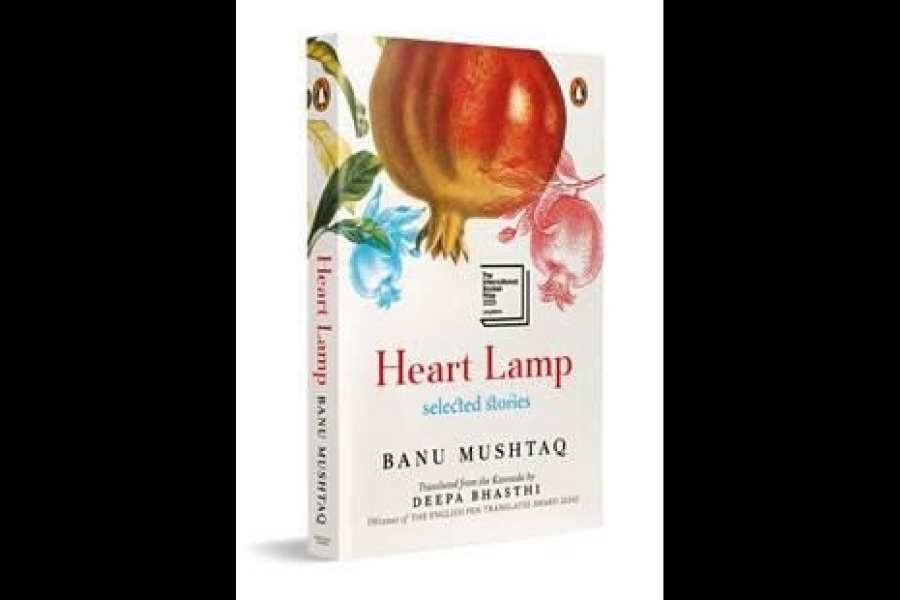
Banu Mushtaq’s Heart Lamp, translated into English by Deepa Bhasthi, might end up making history if it wins the Booker this (L-R) The 2025 judges: Sana Goyal, Beth Orton, year
“This list is our celebration of fiction in translation as a vehicle for pressing and surprising conversations about humanity. These mind-expanding books ask what might be in store for us, or how we might mourn, worship or survive. They offer knotty, sometimes pessimistic, sometimes radically hopeful answers to these questions. Taken together, they build a miraculous lens through which to view human experience, both the truly disturbing and the achingly beautiful. They are each highly specific windows onto a world, but they are all gorgeously universal,” Porter said as he reflected on the judging process.
Apart from Porter, the judging panel for this year’s Booker includes poet and filmmaker Caleb Femi; publishing director of Wasafiri, Sana Goyal; author and translator Anton Hur; and singer-songwriter Beth Orton. Together, the team read 154 books to arrive at the final selection.

